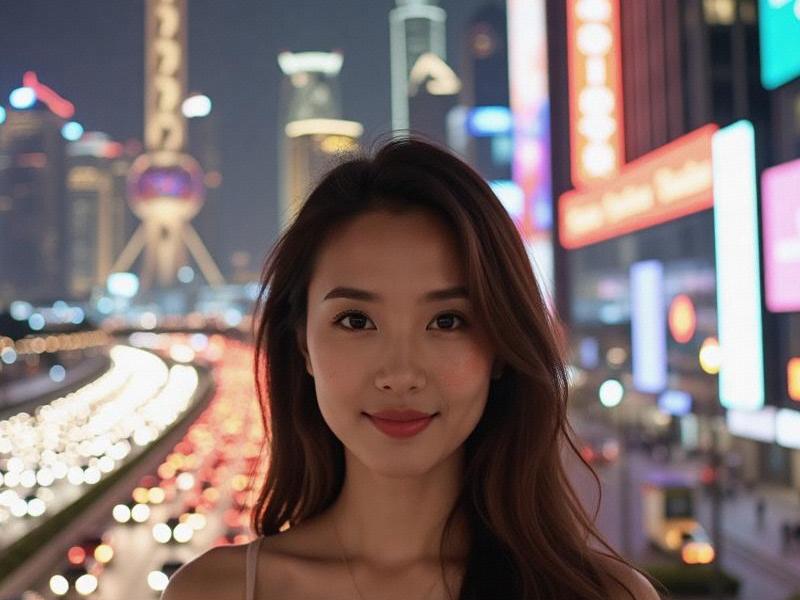This investigative report examines how Shanghai's entertainment venues are transforming urban leisure through technological innovation, cultural hybridization, and premium service standards in post-pandemic recovery.

The glow of Shanghai's nightscape tells a story of remarkable reinvention. As the city's entertainment industry emerges from pandemic restrictions, a new generation of venues is setting global standards for nightlife experiences. From augmented reality karaoke lounges to AI-powered cocktail bars, Shanghai's entertainment scene blends cutting-edge technology with timeless hospitality traditions.
In the heart of Huangpu District, the newly opened "Neon Dragon" represents this synthesis. The 12,000-square-meter complex features a holographic theater projecting Shanghai's 1930s jazz age alongside futuristic light shows. "We're creating temporal collisions," explains creative director Marcus Chen. "Guests might experience a virtual Zhou Xuan performance from 1940s Shanghai followed by a metaverse DJ set."
上海龙凤sh419 The KTV industry, long a staple of Shanghai entertainment, has undergone dramatic upgrades. Chains like Party World and Cashbox now offer "smart rooms" with real-time language translation for international groups, vocal tuning algorithms, and even holographic backup dancers. The premium "Platinum Rooms" at Party World's flagship location feature motion-capture technology that transforms singers into anime avatars projected on 270-degree screens.
High-end clubs have adopted museum-caliber curation. At "Museum of Sound" in Jing'an, each floor represents a different musical era with period-accurate cocktails and interactive exhibits. The 1980s Shanghai floor features a recreation of the old Peace Hotel jazz bar with original musicians' memorabilia.
上海龙凤419体验
The business entertainment sector has spawned hybrid venues like "The Deal Maker Club," which combines private karaoke rooms with blockchain-powered digital contract systems. "About 30% of our members close business deals during their visits," notes general manager Linda Wong. "We provide the perfect blend of relaxation and functionality."
上海贵族宝贝sh1314 Shanghai's entertainment economy shows remarkable resilience, with 2024 revenue reaching 92% of pre-pandemic levels according to municipal data. However, the industry faces workforce challenges as younger staff prioritize work-life balance. Leading venues now offer four-day workweeks and "happiness managers" to improve employee retention.
Cultural preservation remains a priority amid modernization. The historic Paramount Ballroom, reopened after a three-year renovation, now hosts both big band nights and electronic music events while maintaining its original Art Deco features. Similarly, traditional tea houses along Old Street have incorporated mixology programs, creating tea-based cocktails that appeal to younger patrons.
As Shanghai positions itself as a 24-hour global city, its entertainment venues serve as laboratories for the future of urban leisure. From robot bartenders that remember drink preferences to venues with carbon-neutral certification, the city's nightlife industry continues to set trends that ripple across Asia and beyond.